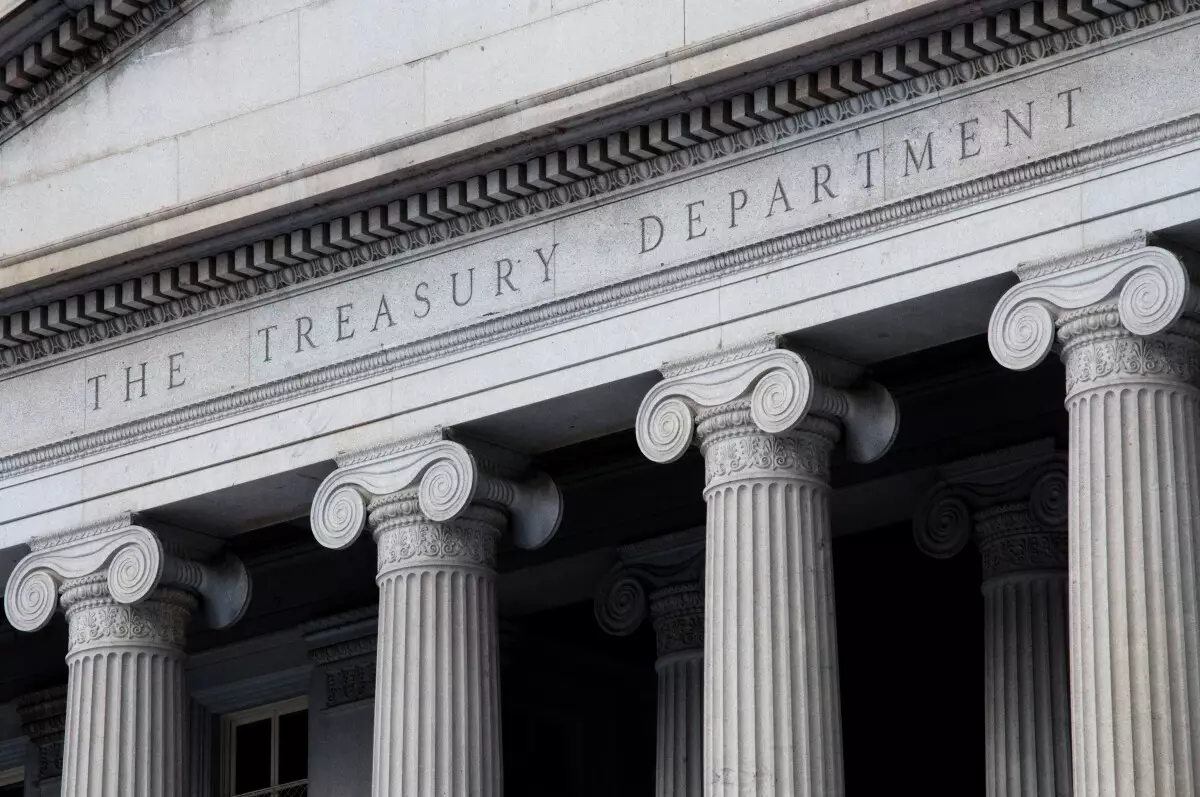The US Department of the Treasury and Internal Revenue Service (IRS) have recently announced new proposed regulations aimed at cracking down on tax evasion within the cryptocurrency industry. These regulations would require brokers of digital assets to report specific sales and exchanges, providing greater transparency in the sector. Additionally, the proposed regulations aim to assist law-abiding taxpayers in accurately determining the amount they owe in taxes. However, there are concerns that these regulations may hinder the growth of decentralized exchanges and impose excessive control over the crypto ecosystem.
Under the proposal, brokers dealing with digital assets will need to adhere to the same reporting rules as those handling securities and other financial instruments. The goal is to align tax reporting on digital assets with other assets to avoid preferential treatment between different types of assets. This move is in response to the complexity and cost associated with calculating digital tax under current tax laws.
To assist taxpayers in determining their tax obligations, brokers will be required to provide a new form, Form 1099-DA. This form will help taxpayers avoid complicated calculations or relying on digital asset tax preparation services to file their tax returns. By streamlining the process, the IRS aims to make it easier for individuals to accurately report their digital asset transactions.
Implications for Cryptocurrency Exchanges
If the proposed regulations are approved, top cryptocurrency exchanges will be obligated to report customer information to the IRS. This requirement aims to enhance tax compliance within the industry. However, some critics argue that these regulations may stifle crypto adoption in the US. Chairman of the House Financial Services Committee, Patrick Henry, claimed that the Biden administration is trying to “kill” crypto adoption. The regulations would also impact decentralized exchanges (DEXs) that operate using smart contracts on blockchain protocols like Ethereum.
Decentralized exchanges, such as Uniswap, differ from centralized exchanges as they are not controlled by a centralized entity. The proposed regulations could pose significant challenges for DEXs as they would need to centralize their operations to comply with the reporting requirements. This goes against the core principles of decentralization, compromising security and transparency. Gabriel Shapiro, general counsel at Delphi Labs, warned that the rules could be a devastating blow to the use of peer-to-peer (P2P) protocols.
Critics argue that the proposed regulations not only bring digital asset reporting requirements in line with other asset classes but also give the US government excessive control over the crypto ecosystem. The decentralized nature of cryptocurrency and DEXs emphasizes the importance of avoiding centralized control. If DEXs refuse to comply with the regulations, it could result in a ban on using these platforms for US citizens, potentially hindering web3 adoption in the country.
Public Comment and Feedback
The proposed regulations are currently open for public comment and feedback. Interested parties have until October 30th to submit written comments. Additionally, a public hearing is scheduled for November 7th and 8th, allowing stakeholders to voice their concerns and perspectives on the proposed regulations.
The US Treasury and IRS’s proposed regulations aim to improve tax compliance and provide clarity on reporting requirements for brokers of digital assets. While streamlining the tax filing process is beneficial for law-abiding taxpayers, there are concerns that these regulations may undermine the decentralized nature of cryptocurrency and DEXs. Striking the right balance between tax compliance and preserving the essence of the crypto ecosystem will be crucial to ensure the continued growth and innovation within the industry. As the public comment period progresses, it remains to be seen how these proposed regulations will shape the future of digital asset taxation in the US.

